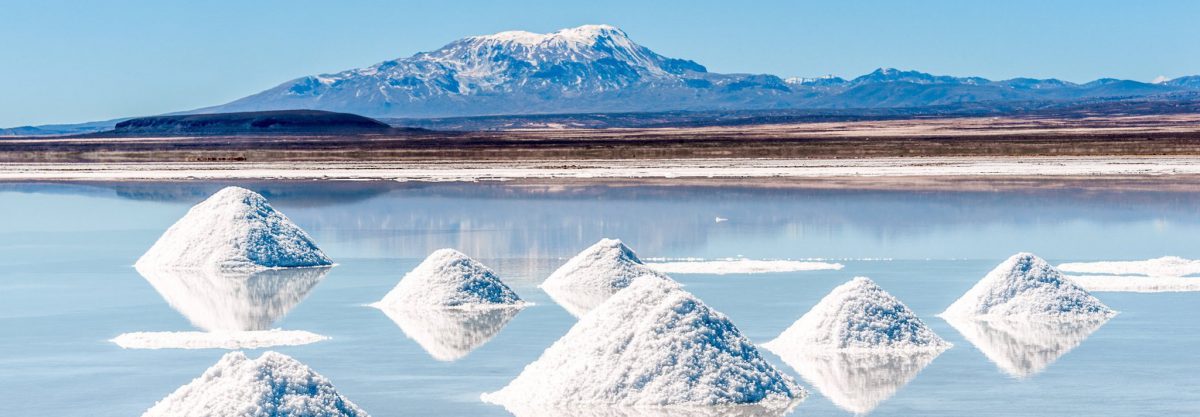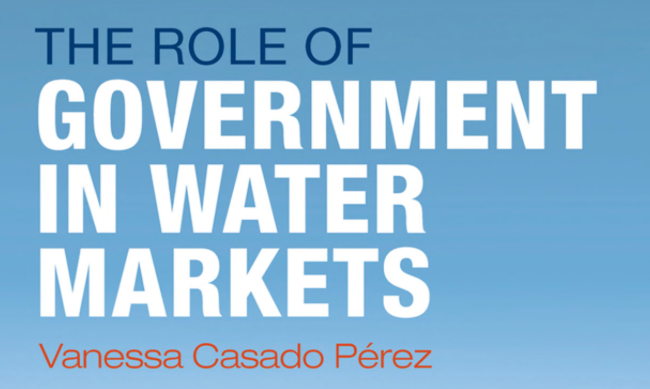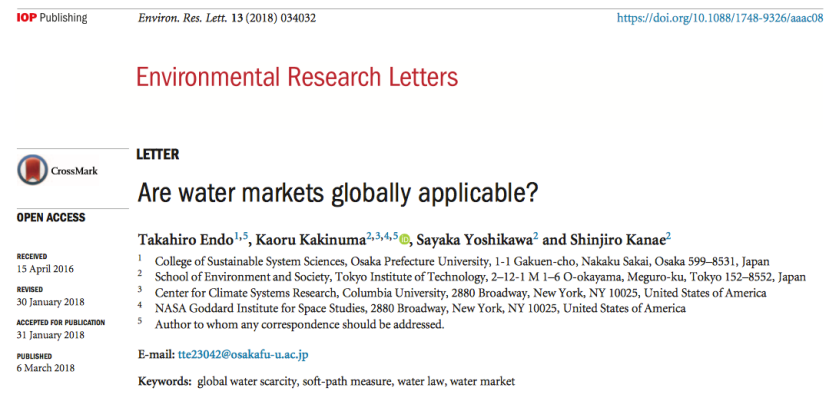Hi guys, since I won’t be making it to class today, I wanted to share my thoughts on the essay assigned for today on the blog.
The Not in My Backyard Concern – ‘NIMBY’
Coming from the Midwest, I’ve always thought this concern was illogical. With nothing but farms and open fields around, in my opinion, wind turbines can only serve to spruce up the landscape. I also really like the description that the essay gave regarding how farmers see the turbines as a modern advancement and a way to get the most out of the land. However, over the past few years and particularly through this essay, I was somewhat enlightened to this NIMBY concern. If I were a property owner who bought my land for the aesthetics/escape from urban life, I probably wouldn’t want one of these giant turbines built near my land. I also don’t think that this concern is so far different from fracking or other industries that also require permission from landowners. If the owner values the payment they would receive more than their land, then the project usually goes through.
Despite the way that the paper downplays the NIMBY concern as a fickle psychological issue, I don’t think the issue can or will be solved without angering people further. Instead, it means technology/policy planners should be careful about where they plan projects and should consult with their communities before advancing too far in the planning process. While it may be frustrating for technology advocates, working with the community is a reality that should be accepted and properly dealt with. That being said, I’m still trying to wrap my mind around why people on the eastern seaboard prevent offshore projects because they would be immensely effective at providing wind energy to the U.S.
Turbine Design
One idea that this article sparked in my reading was the idea of wind turbine design. I would venture to say that most turbine designers spend most of their time finding ways to increase overall efficiency. However, this article highlights the other aspect of design that is apparently important, which is aesthetic design. I just thought that this makes for an interesting design challenge for engineers who are probably frustrated by this constraint. In that sense though, these designers can be likened to car designers.
Further Questions
-Why do people reject off-shore wind turbine projects, despite their efficacy?
-How do turbine designers/manufacturers adjust for community-related concerns?
-Is there a way to quantify/evaluate a community’s tie to a ‘natural’ vs. a human integrated nature? I.e. people in Scotland had a strong tie to their environment so they would get a 10, vs. people in the Midwest, who would score a 2. If so, this could be helpful for project planning.
I hope this can help contribute to the discussion today! Sorry again for missing class, enjoy the outdoor activity!


